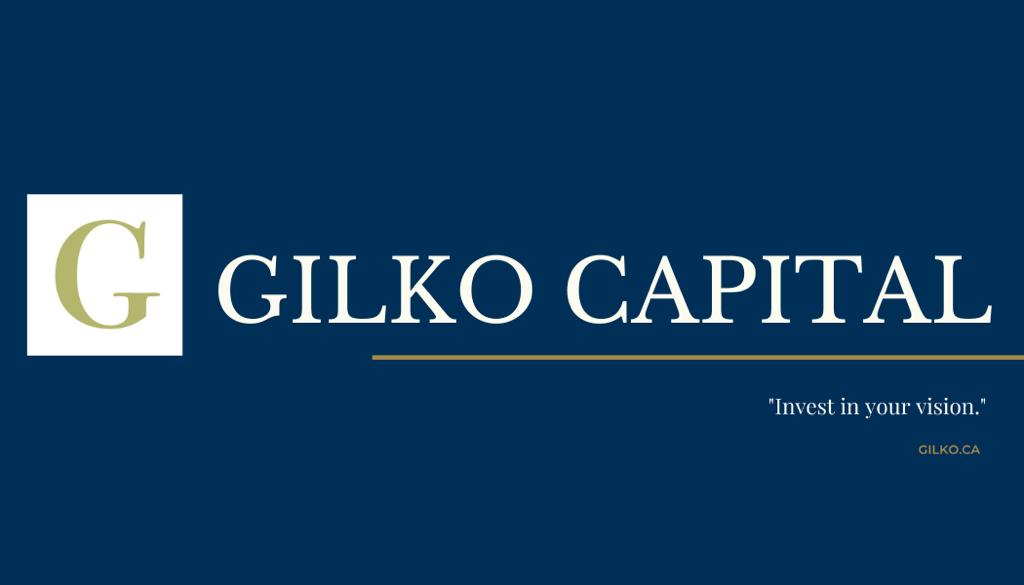Intensification on existing property refers to the process of increasing the density of a property by developing it to its full potential. This process can involve adding more units, increasing the height of a building, or changing the use of the property altogether. Intensification is becoming more popular in urban areas as available land becomes scarce, and property owners and developers look to maximize their investments.
However, intensification is not always the right solution for every property. Property owners and developers need to carefully consider various factors before making a decision. In this article, we will discuss when to consider intensification on existing property and the key factors to consider.
- Location
Location is one of the most critical factors to consider when deciding whether to intensify an existing property. Intensification is most suitable for properties located in urban or suburban areas where there is a high demand for housing or commercial space. Properties located in rural or remote areas may not be suitable for intensification, as the demand may be low, and infrastructure may not support the added density.
- Zoning and Land Use Regulations
Zoning and land use regulations play a critical role in determining whether intensification is possible on an existing property. Property owners and developers need to research and understand the local zoning laws and regulations to determine what is allowed on their property. It is also essential to check if the property is located in a designated heritage district or conservation area, as this may limit the amount of intensification allowed.
- Property Condition and Age
The condition and age of the property are also essential factors to consider when deciding whether to intensify. Properties that are old or in poor condition may require significant renovations, repairs or even demolition before intensification is possible. The cost of these repairs should be factored into the decision to intensify. Additionally, older buildings may have design or structural limitations that make intensification difficult or expensive.
- Market Demand
Market demand is a crucial factor to consider when deciding whether to intensify an existing property. Property owners and developers need to conduct market research to determine if there is a demand for the additional density or use they are proposing. This research should include an analysis of market trends, competition, and demographics.
- Financing
Financing is also a critical factor to consider when deciding to intensify an existing property. Intensification can be expensive, and property owners and developers need to have a solid financing plan in place. This plan should include a budget for construction and any necessary repairs or renovations, as well as a plan for securing financing.
In conclusion, intensification on existing property can be a smart investment for property owners and developers looking to maximize their investments. However, careful consideration of the location, zoning and land use regulations, property condition and age, market demand, and financing is necessary before making a decision. By considering these factors, property owners and developers can make an informed decision and successfully intensify their existing property.

